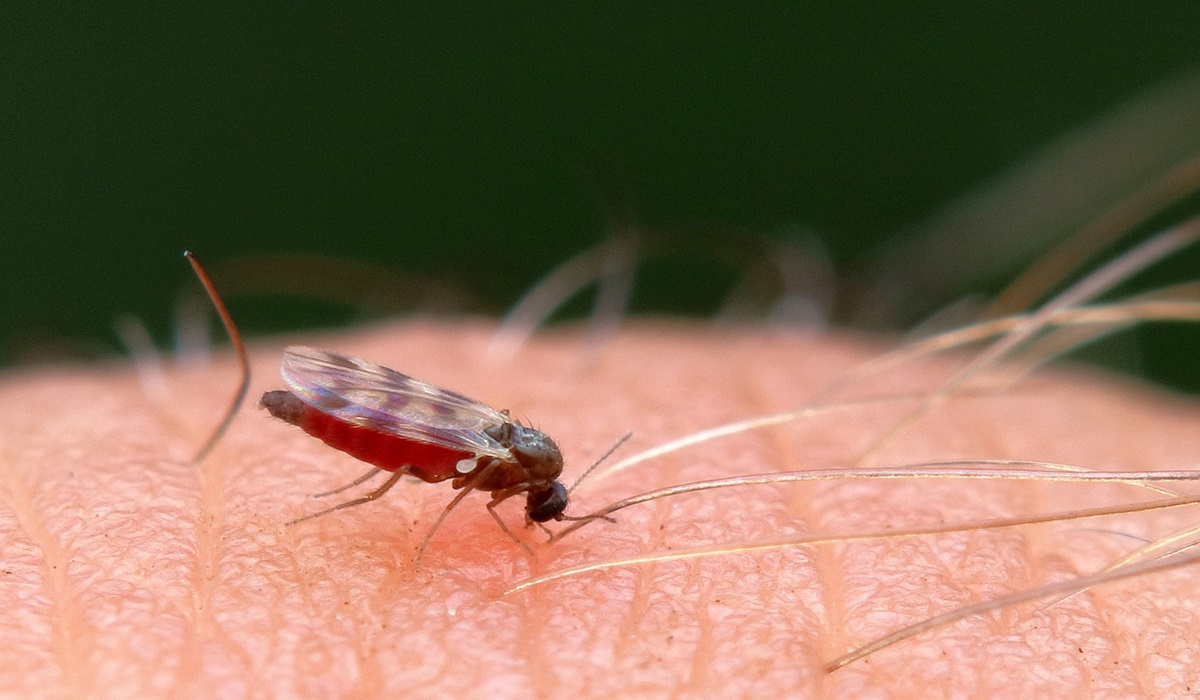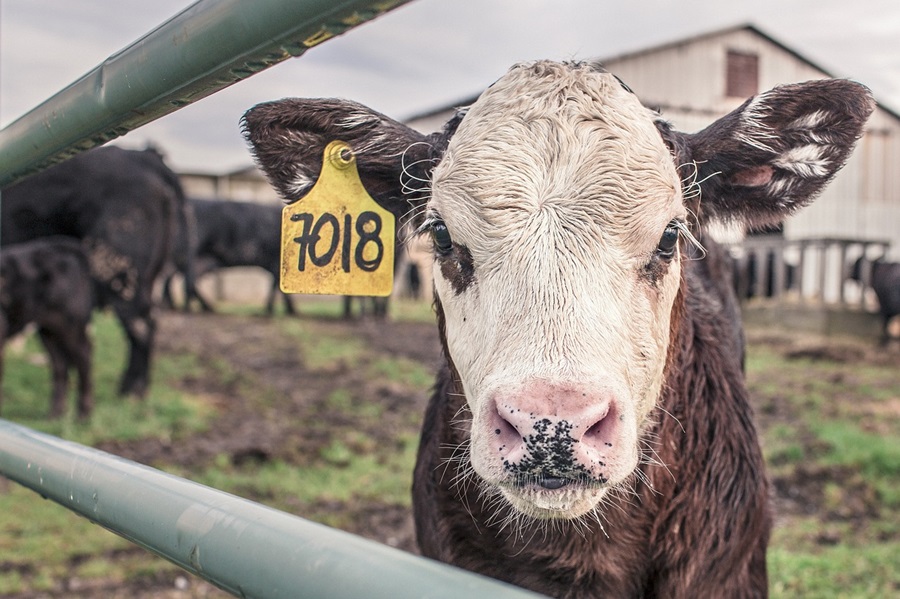Bluetongue Virus Detected in Kent: A Call for Vigilance in Livestock Farming
- Ingrid Jones
- Trending
- United Kingdom
- November 27, 2023

United Kingdom- The Bluetongue virus has been detected in five cows in Kent, raising concerns among the farming community. The UK’s Chief Veterinary Officer, Christine Middlemiss, has urged farmers to stay vigilant, emphasizing that while the virus does not affect human health or food safety, it can significantly impact livestock farms.
The Animal and Plant Health Agency (APHA) and the Pirbright Institute identified the first case of the virus earlier this month through Great Britain’s annual bluetongue surveillance program. A 10km temporary control zone has been established around the affected farms. This zone restricts the movement of susceptible animals, except under license, to contain the spread of the virus.
Bluetongue is a viral disease that primarily affects ruminants, including cows, goats, sheep, and other camelids like llamas. The virus is transmitted through midge bites, with these insects being most active between April and November. Not all susceptible animals exhibit immediate symptoms, and the severity of the impact can vary. Some animals may show no signs, while others may experience reduced productivity, such as decreased milk yield. In severe cases, the virus can be fatal for infected animals.
Following the initial detection, the Chief Veterinary Officer confirmed four additional cases of the virus cases at two Kent premises within the temporary control zone. The infected animals will be culled to mitigate the risk of onward disease transmission.

The detection of Bluetongue in Kent illustrates the need for robust disease surveillance procedures. It also serves as a reminder to farmers that the threat of the disease persists, even towards the end of the midge activity season. Christine Middlemiss stressed the importance of remaining vigilant and promptly reporting suspicions to APHA.
While Bluetongue does not threaten human health or food safety, its presence can have significant implications for livestock farms. Productivity issues, ranging from reduced milk yield to fatal outcomes in severe cases, highlight the importance of proactive measures to control the spread of the virus.
Strict rules on the movement of livestock from regions affected by the disease are already in place. Farmers are reminded that animals imported from these regions must be accompanied by relevant paperwork demonstrating compliance with specific conditions designed to reduce disease risk, such as proper vaccination. With the confirmation of Bluetongue as a non-imported animal in England, some trading partners may impose restrictions on the export of susceptible animals or their products. The collaborative efforts of farmers, veterinary authorities, and researchers are crucial in mitigating the impact on the region’s livestock health.








